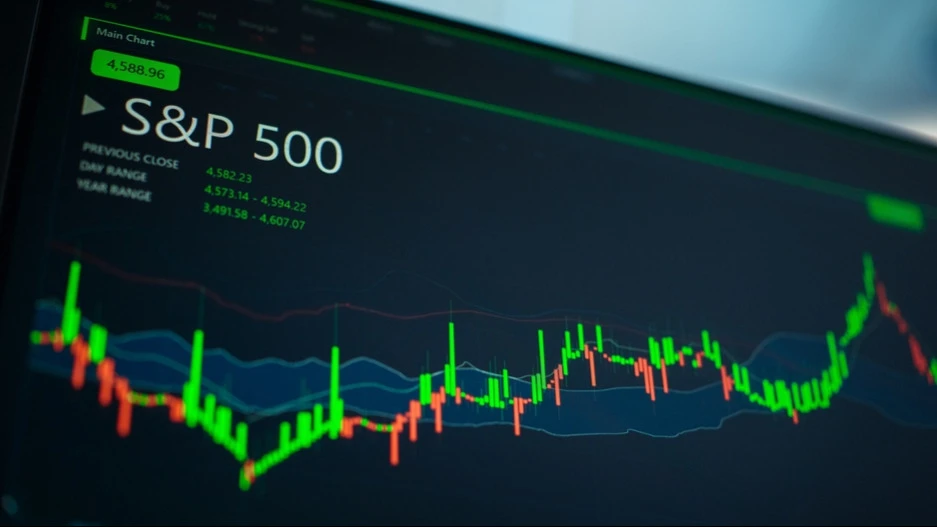The third strategist in a week raised his target on the S&P 500. Why is Wall Street optimism rising?
At the end of Tuesday's trading, the S&P 500 index was less than 3% away from its highs

The third investment bank in a week improved expectations for growth in the broad market index S&P 500, notes CNBC, emphasizing that this is already a trend. Analysts at Barclays, RBC and Deutsche Bank believe that the peak of uncertainty over trade duties has passed, although trade relations between the U.S. and China have not yet normalized and are hampering market growth.
What level the S&P 500 will reach by the end of the year
Barclays strategist Venu Krishna raised his year-end target for the S&P 500 index by almost 3%, from 5,900 to 6,050 points. This implies the index will rise just over 1% from its June 3 closing level. Krishna's new estimate is still below his initial forecast for 2025 - at that time he expected the index to rise to 6,600 points.
"The peak of trade policy uncertainty is probably passed," Krishna wrote in a note quoted by CNBC. According to the analyst, "quotes may now show moderate upside due to widening multiples." He also expects investor attention to "gradually shift toward (possibly) softer tax and regulatory policies."
But more importantly, Krishna became the third Wall Street strategist to raise his 2025 index estimate in the past week, CNBC notes. Before him, Lori Kalvasina of RBC Capital Markets also improved their forecasts, from 5,550 to 5,730 points, and Binky Chadha of Deutsche Bank from 6,150 to 6,550 points. And on May 13, Goldman Sachs raised its year-end target from 5900 to 6100 points. The bank explained this by the reduction of recession risk, wrote Reuters.
What is preventing the market from growing
Following President Donald Trump's April 2 announcement of a sharp increase in duties on all U.S. imports, many analysts cut their estimates on the U.S. stock market. At the time, the S&P 500 was down nearly 20% from its Feb. 19 record. However, some of the duties have since been frozen, allowing stocks to recover losses. Nevertheless, on Wednesday, 50% duties on steel and aluminum imports went into effect.
Meanwhile, the S&P 500 Index was less than 3% away from its high at the end of Tuesday's trading.
"Some tariff headwinds remain, rates remain high amid concerns over the U.S. budget and consumer activity may decline, limiting our multiples assumptions," Krishna explained.
Trade tensions between the U.S. and China persist. On Wednesday, Trump acknowledged that negotiating with Chinese President Xi Jinping is "extremely difficult." However, if Krishna is right and the peak of uncertainty is indeed behind us, other analysts may also revise their market targets upward, CNBC said.
